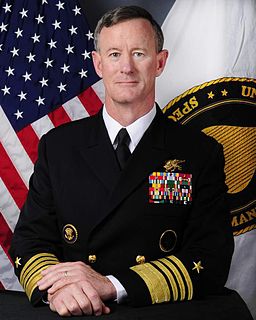A Quote by Stephen Covey
The need to leave a legacy is our spiritual need to have a sense of meaning, purpose, personal congruence, and contribution.
Related Quotes
To live on a day-to-day basis is insufficient; we need to transcend, transport, escape; we need meaning, understanding, and explanation; we need to see over-all patterns in our lives. We need hope, the sense of a future; the freedom to get beyond ourselves...in states of mind that allow us to rise above our immediate surroundings and see the beauty and value of the world we live in.
Some spiritual traditions view the moment of birth as a passage from a state of wholeness and knowledge to a state of forgetting. In this view of the world, we spend the rest of our lives searching for wholeness and knowledge, wellness and health-the balance and harmony we lost when we were born. If our wholeness is interrupted, then our health suffers, and we need to find a way to restore our sense of meaning. When we move in the direction of that meaning, we're healing.
Purpose needs to be nurtured. It gains resolve when faced with adversity. The ability to overcome obstacles and challenges is daunting but when accomplished gives us a great feeling of achievement. At the same time we need to nurture purpose by exposing ourselves to new opportunities. We need to learn continuously and we need to teach what we learn to others. Such things like that, and many more, help shape and develop the sense of a leader's purpose so that he or she can provide greater service to the organization.
Because addiction is a developmental problem, the developmental stage is important, things like employment are important, things like having a sense of purpose, meaning and hope are important, and this is why there's been so many spiritual cures for addiction, because those things often give people a sense of meaning and purpose.
No matter what our job is, we view it not as our purpose in life but rather as where God has sovereignly placed us for the purpose of making Christ known and his name great. If you are a teacher, if you are a politician, if you are a businessman, if you are in agriculture, if you are in construction, if you are in technology, if you are in the arts, then you should not be saying, ‘I need to find my life’s purpose in this work,’ but rather, ‘I need to bring God’s purpose to this work.’

































